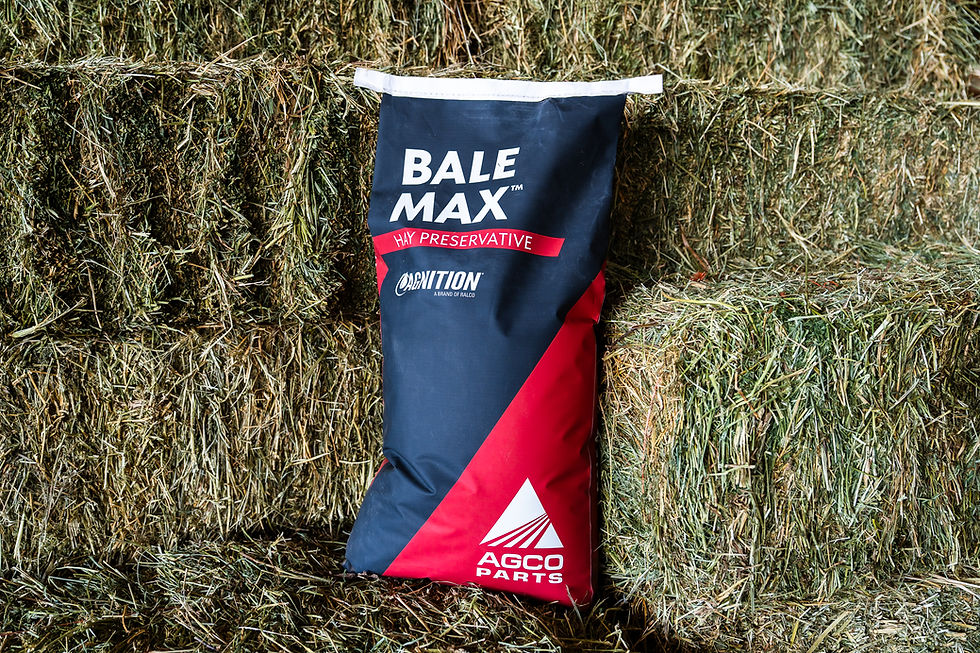Agnition Helps Corn Producers Overcome Purple Leaf Syndrome
- Jun 21, 2015
- 2 min read
Updated: May 19, 2020
In several regions of the U.S., corn growth has been slow and plant leaves have acquired a purple tint because of cold soil conditions. The purple coloration in leaves is an accumulation of sugars produced by photosynthesis. The sugars would typically be utilized by the plant for root growth and development; however, when soils are cold root development is reduced which causes the sugars to accumulate in the leaf. The Microbial Catalyst® technology available in Agnition products stimulates microbial activity in soil, including colder soils, for greater phosphorus availability and less Purple Leaf Syndrome.
“When microbial activity is reduced, root development is reduced, and that lowers the phosphorus uptake by the plant. This inhibits the plants ability to metabolize sugars in the leaf and causes Purple Leaf Syndrome,” said Agnition agronomist Pete Hallberg. “Since microbial activity greatly influences the uptake of phosphorus, utilizing a Microbial Catalyst to stimulate microbial activity is very important.”
The effects of Purple Leaf Syndrome were very apparent during early June on Dan Allred’s farm near Corydon, Iowa. One of his cornfields contains 10 replications of starter fertilizer and starter fertilizer mixed with Agnition product Generate®. The corn in every replication treated with the starter fertilizer alone was visually smaller, had less root mass and had dark purpling of the leaves.
“The soil is full of life. You think of it as livestock on top of the ground like cattle, but there is actually more underneath the soil than there is on top,” Allred said. “Driving by on the highway a couple weeks ago the untreated plants were purple and the treated ones were not. So that tells me that there was a greater uptake of phosphorus in the greener plants because of the product.”
Phosphorus is a macronutrient because of the important role it plays in plant growth; however, it is commonly tied-up in the soil, which reduces uptake. Since phosphorus is mainly cycled through the soil by organic residue breaking down and becoming incorporated into the soil organic matter, microbes are required to release the nutrient. Agnition microbiologist Rachel Raths said microorganisms including mycorrhizal fungi are critical to phosphorus uptake.
“The microorganisms form a connection with the plant roots. Once this happens the fungi can mine for phosphorus in the soil and transport it back to the root. Ultimately this brings the macronutrient into the plant, and when microbial activity is increased, phosphorus is more readily available,” Raths said.
Every year provides farmers with unique challenges. Hallberg said supporting soil health by stimulating microbial activity provides producers with the opportunity to succeed.
“There are always challenges whether it is hot, cold, dry or wet. One thing you can rely on is if you are taking care of your soil, and the microbes that are so important to plant health, you have the best chance to achieve optimal yields,” Hallberg said.
About Agnition
Agnition is a brand of Ralco, a third-generation family owned multinational company with distribution in more than 30 countries. A leading global provider of crop enhancement products, livestock nutrition and animal health products; Ralco supports large segments of the livestock, poultry, aquaculture and crop industries.
For more information contact: Glenn Bader (507) 337-6867 glenn.bader@ralconutrition.com




Comments